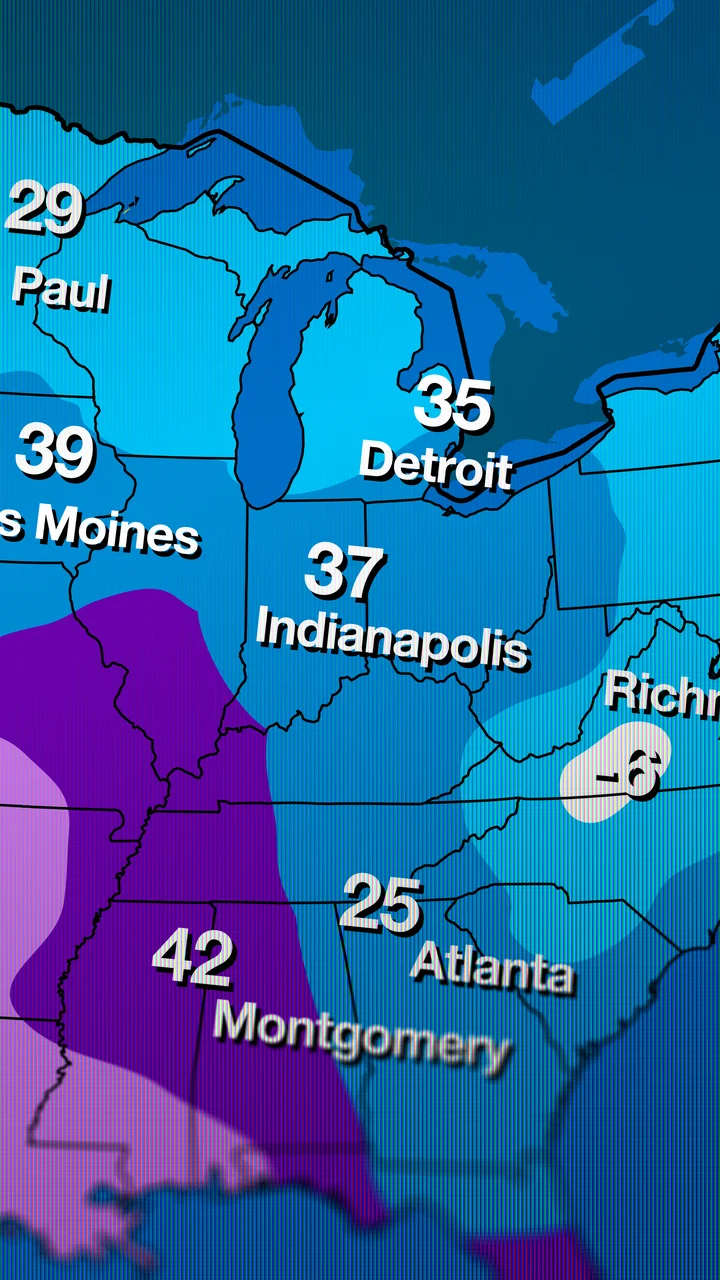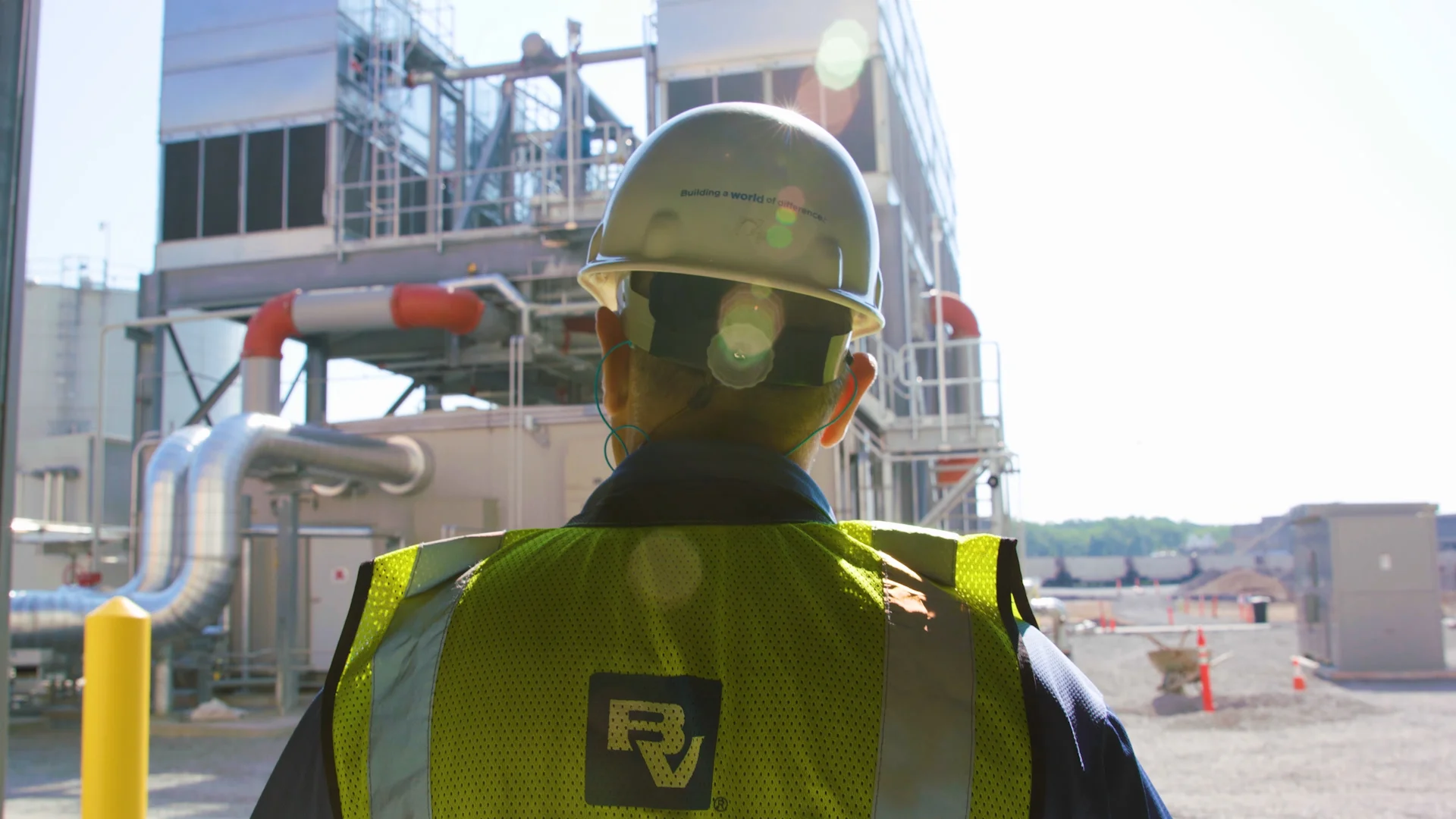Remote Monitoring Can Mitigate Reliability Issues During Extreme Weather Events

Extreme weather events create unique operating challenges for power generation and industrial facilities by testing equipment designs, safe operating ranges, and control instrumentation limits. But as evidenced in these four examples, the use of remote monitoring paired with data analytics can help mitigate weather-related issues, ensuring continued operation in the face of weather challenges:
Harsh conditions cause assets to break down.
Storms and extreme temperature are hard on equipment; anyone who has started a car on a freezing morning knows that machines don’t like the cold. But early anomaly detection can detect issues before they set off alarms, helping to stave off larger problems before they start.
For a recent heavy-industry client, Black & Veatch’s analytics team detected a small change in lubricant oil temperature on a critical fan following a cold snap. This led to the discovery of a broken hinge on the skid enclosure that exposed the equipment to outside conditions, freezing the cooling water line. Asset monitoring detected the issue early enough for the plant to thaw the frozen line and prevent downtime.
Unpredictable conditions are increasing.
Severe weather is becoming more and more frequent. As of November 2021, 18 “billion-dollar storms” have hit the U.S. But how is an owner/operator supposed to determine operational continuity in the face of a so-called 100-year storm? The facility most likely does not have a baseline for comparison, and most likely does not want to guess at what the impacts will be.
Predictive data analytics based on historical data can model expected behavior and extrapolate it for future events. For example, there are several reasons behind a high lube-oil temperature; it could be the ambient temperature, or it could be possible that the heat exchanger needs to be cleaned or replaces. Modeled behavior can not only give an indication of how things should be running but can help determine the root cause.
Increased pressure on local site personnel.
During extreme weather events, facility personnel are working under even more demanding circumstances than usual. More frequent startups, shutdowns and maintenance activities (on top of the regular workload) can create a strain on site staff. Having another set of eyes through remote monitoring, which gives clients access to experts who can provide real-time and in-depth diagnostics, can be incredibly helpful during these peak workloads. These experts can view items that aren’t first line of sight, helping owners and operators troubleshoot problems before they become more significant.
During the Texas deep freeze in February 2021, the local utility couldn’t reach output on a combustion turbine. Black & Veatch’s remote monitoring team was able to identity the problem’s root cause – a valve was frozen at 100 percent open. The team collaborated with the on-site facilities team to fix the issue.
Impacts to instrumentation.
This issue is most prevalent in cold weather. Inadequate heat tracing can lead to frozen sensing lines, and areas that don’t often experience sub-zero temperatures may not fully understand weak points in the system. Freezing conditions can bring sensors and instrumentation offline, tripping the plant or worse, causing the process to operate in unsafe conditions.
Remote monitoring that leverages data analytics can identify abnormal instrumentation readings. Data models rely on historical data to compare behavior and identify instrument problems, allowing facility personnel to keep track of critical instrumentation throughout abnormal conditions.
The future of extreme weather may be hard to predict, but with the proper tools and preparation, critical infrastructure providers can be ready. Visit our website to learn more about Black & Veatch’s asset management and storm readiness and response services.
Contact Us
Looking for a partner in innovation?
Let's Talk
